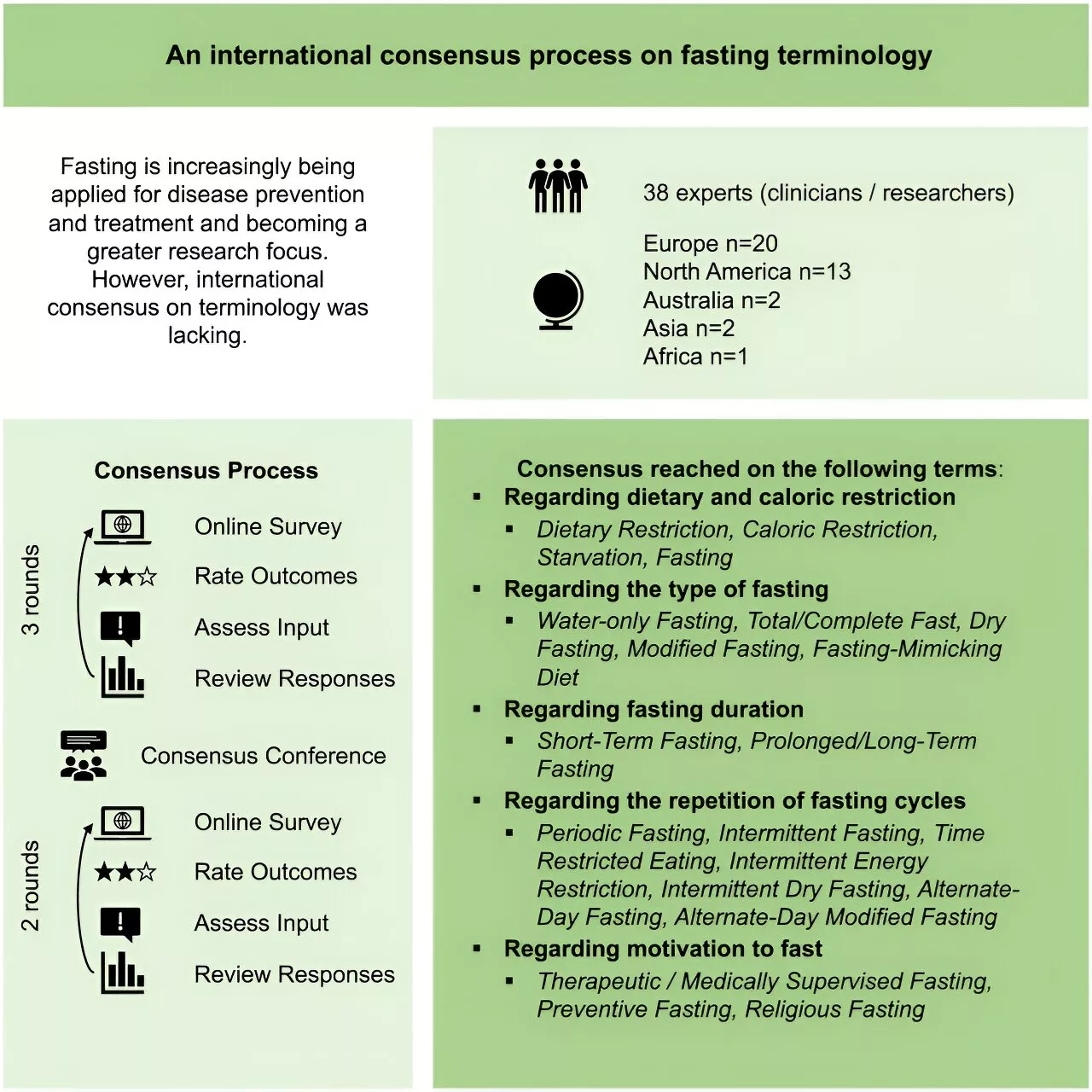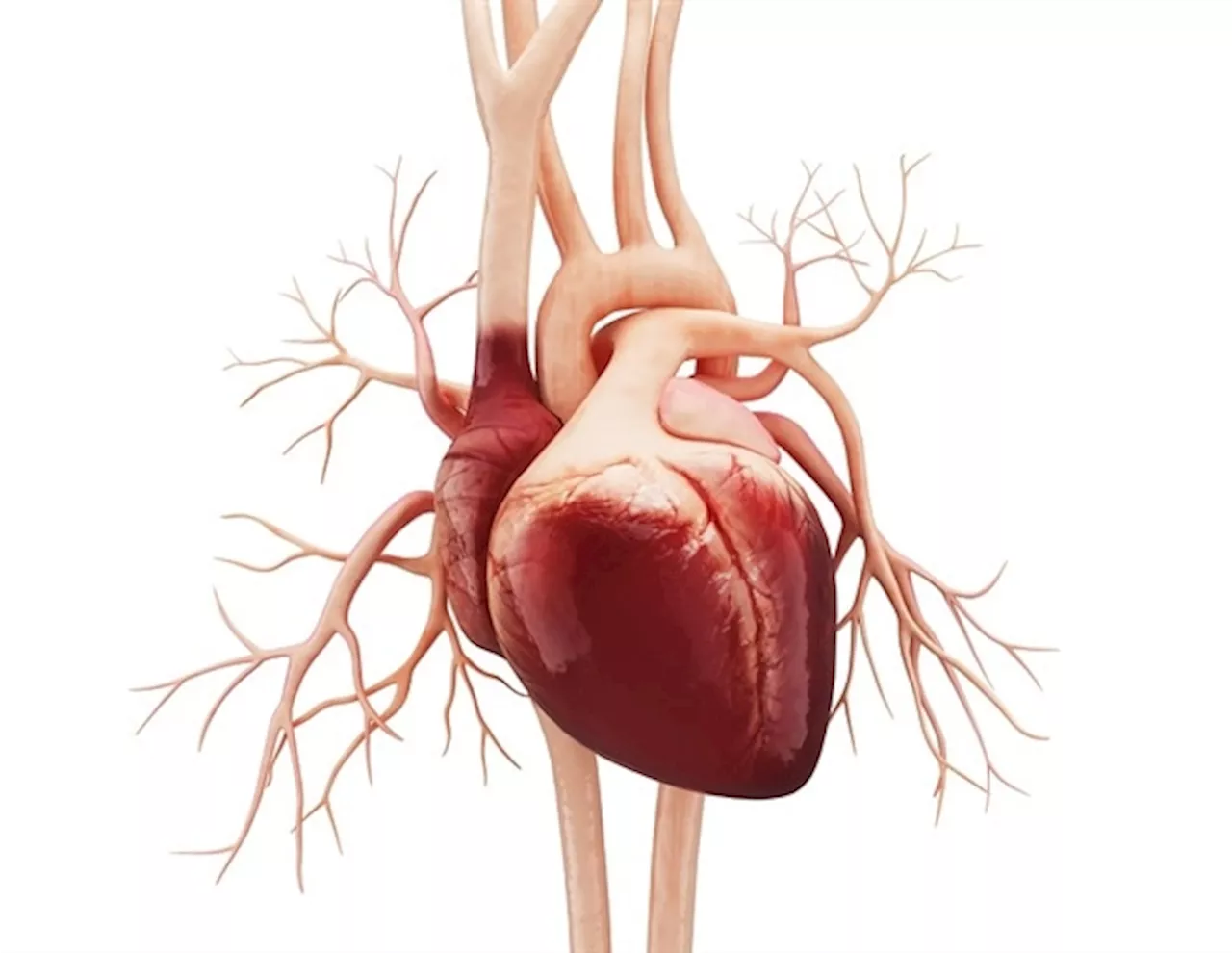The ESC Clinical Consensus Statement on Obesity and Cardiovascular Disease, presented at this year's ESC Congress (London, UK, 30 August to 2 September) summarizes current evidence on the epidemiology and etiology of obesity; the interplay between obesity, cardiovascular risk factors and cardiac conditions; the clinical management of patients with...
European Society of Cardiology Aug 30 2024 The ESC Clinical Consensus Statement on Obesity and Cardiovascular Disease , presented at this year's ESC Congress summarizes current evidence on the epidemiology and etiology of obesity; the interplay between obesity, cardiovascular risk factors and cardiac conditions; the clinical management of patients with cardiac disease and obesity; and weight loss strategies including lifestyle changes, interventional procedures, and anti-obesity medications...
"Notably, 67.5% of deaths related to high body mass index are attributable to cardiovascular disease .
While obesity adversely affects different organs and is a risk factor for several chronic diseases, the Consensus Statement highlights how obesity not only contributes to well-established cardiovascular risk factors but also has direct adverse effects on cardiac structure and function and leads to the development of CVD - both atherosclerotic and non-atherosclerotic - independently of other CV risk factors.
The relationship between obesity and various types of CVD, including atrial fibrillation, atherosclerotic CVD , heart failure, arrythmias, venous thromboembolism, and valvular disease, is discussed in the Consensus Statement. A significant part of the Consensus Statement is dedicated to both non-pharmacological and pharmacological treatment of obesity. Among the key points on dietary interventions are that they generally aim for a 500-750 kcal/day energy deficit, however adjustments to individual body weight and activity are needed. And while a weight reduction in the range of 5-10% can be achieved with various nutritional and multidisciplinary approaches, maintenance of effects is a key issue.
The authors conclude: "The global problem of obesity is unlikely to be resolved by medical, lifestyle or other interventions directed towards individuals alone. The epidemic of overweight and obesity, affecting now more than 60% of the population in Europe, results from societal and lifestyle changes and can be amended through effective public health policies. The passivity of governments while the obesity epidemic has evolved over decades, is noticeable.
Obesity Body Mass Index Cardiology Cardiometabolic Chronic Epidemiology Heart Heart Failure Hospital Life Expectancy Physical Activity Weight Loss
Philippines Latest News, Philippines Headlines
Similar News:You can also read news stories similar to this one that we have collected from other news sources.
 Two-thirds of deaths related to high BMI are due to cardiovascular diseases, says consensusThe European Society of Cardiology (ESC) Clinical Consensus Statement on Obesity and Cardiovascular Disease, presented at this year's ESC Congress (London, UK, 30 August to 2 September) summarizes current evidence on the epidemiology and etiology of obesity; the interplay between obesity, cardiovascular risk factors and cardiac conditions; the...
Two-thirds of deaths related to high BMI are due to cardiovascular diseases, says consensusThe European Society of Cardiology (ESC) Clinical Consensus Statement on Obesity and Cardiovascular Disease, presented at this year's ESC Congress (London, UK, 30 August to 2 September) summarizes current evidence on the epidemiology and etiology of obesity; the interplay between obesity, cardiovascular risk factors and cardiac conditions; the...
Read more »
 New ESC atlas data highlights disparities in cardiovascular disease mortalityCardiovascular disease (CVD) remains the most common cause of death across Europe but while CVD mortality rates are generally decreasing, the decline is much less in middle-income than in high-income countries, according to new data from the European Society of Cardiology (ESC) Atlas of Cardiology, published in the European Heart Journal.
New ESC atlas data highlights disparities in cardiovascular disease mortalityCardiovascular disease (CVD) remains the most common cause of death across Europe but while CVD mortality rates are generally decreasing, the decline is much less in middle-income than in high-income countries, according to new data from the European Society of Cardiology (ESC) Atlas of Cardiology, published in the European Heart Journal.
Read more »
 Scientists reach consensus for fasting terminologyDr. Eric Ravussin of Pennington Biomedical Research Center in Baton Rouge was one of 38 scientists from five continents to present the first international consensus on fasting terminology and key definitions.
Scientists reach consensus for fasting terminologyDr. Eric Ravussin of Pennington Biomedical Research Center in Baton Rouge was one of 38 scientists from five continents to present the first international consensus on fasting terminology and key definitions.
Read more »
 Virtual voice technology enhances follow-up care for TAVI patientsClinical follow-up using virtual voice technology helped identify complications after transcatheter aortic valve implantation (TAVI) with a high degree of patient satisfaction, according to research presented at ESC Congress 2024.
Virtual voice technology enhances follow-up care for TAVI patientsClinical follow-up using virtual voice technology helped identify complications after transcatheter aortic valve implantation (TAVI) with a high degree of patient satisfaction, according to research presented at ESC Congress 2024.
Read more »
 AI-based virtual voice assistant successfully bridges care gap for heart patientsClinical follow-up using virtual voice technology helped identify complications after transcatheter aortic valve implantation (TAVI) with a high degree of patient satisfaction, according to research presented at ESC Congress 2024.
AI-based virtual voice assistant successfully bridges care gap for heart patientsClinical follow-up using virtual voice technology helped identify complications after transcatheter aortic valve implantation (TAVI) with a high degree of patient satisfaction, according to research presented at ESC Congress 2024.
Read more »
 New method emulates clinical trial to compare blood thinners for atrial fibrillationResearchers used real-world clinical data to attempt to emulate a randomized controlled trial testing the effectiveness of two blood thinners, apixaban and warfarin, to prevent stroke in patients with non-valvular atrial fibrillation.
New method emulates clinical trial to compare blood thinners for atrial fibrillationResearchers used real-world clinical data to attempt to emulate a randomized controlled trial testing the effectiveness of two blood thinners, apixaban and warfarin, to prevent stroke in patients with non-valvular atrial fibrillation.
Read more »
